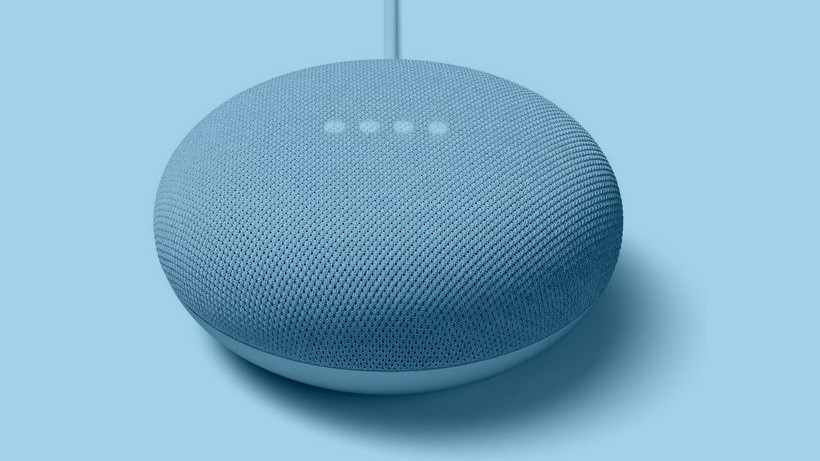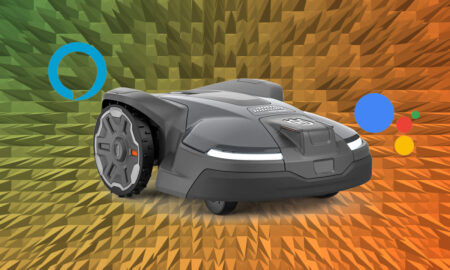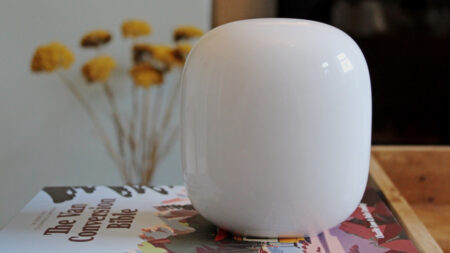Upcoming update could make smart speaker conversations feel more natural
The “Hey Google” wake word may soon be optional, letting you simply say a Google Assistant command on its own to your phone or Nest speaker.
This news comes from a deconstruction of a recent release of the Google app, by 9to5Google, breaking the installer file down and looking into its code.
These features are likely to eventually be called “voice shortcuts”. And “quick phrases” are the commands you can speak without needing the “Hey Google” conversation starter.
This should allow for more natural interactions with a Google Nest smart speaker or you phone’s own Google Assistant. However, each of these auto-recognized phrases has to be added separately.
The two main reasons are obvious. You don’t want your Google Assistant to start reacting to your normal day-to-day conversation too often. Google also doesn’t want to put more of a spotlight on the idea your smart speaker listens to you 24/7.
In the pre-release version of the feature, these commands are called “salsas”, derived from the “Guacamole” codename of this keyword-free Assistant development project.
Here’s the list of commands 9to5Google uncovered:
- Set an alarm for 7am
- Cancel the alarm
- What time is my alarm set for?
- Send a broadcast
- (Respond to calls) “Answer” & “Decline”
- What time is it?
- What’s the weather?
- Turn the lights on
- Increase the brightness
- Turn up the volume
- Pause the music
- Skip this song
- Set a timer for 2 minutes
- Cancel the timer
- Pause the timer
- Reset the timer
- (Timer feature) How much time is left?
- Create a reminder
- Create a family note
These are arranged into various categories in the Google app, like Recommended, Alarms, To-Dos and Media Controls.
You will also be able to specify which of your smart devices will respond to these quick phrases, letting you bar them entirely from the rooms where most of your real-life conversations take place. No-one really wants Assistant butting in.
These are dormant parts of the Google Assistant code. We don’t know when the feature will be enabled. Or it could be scrapped altogether, but it seems a natural fit for the next stage of Google Assistant’s advance into our homes.





